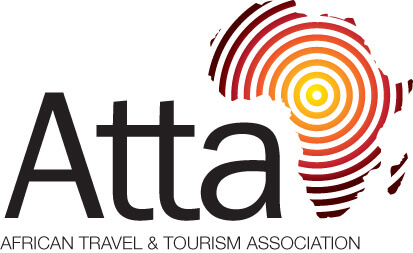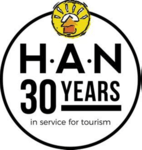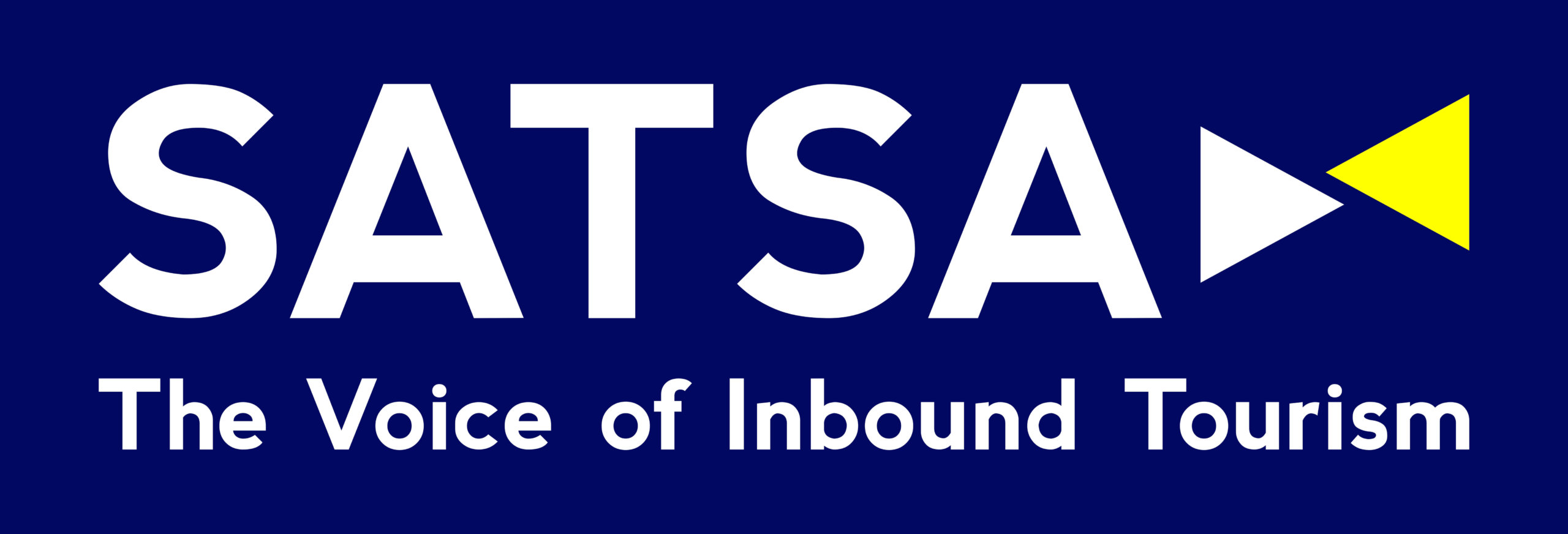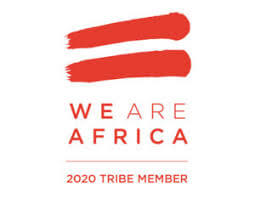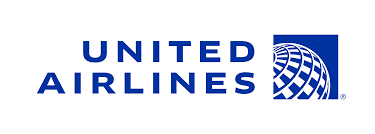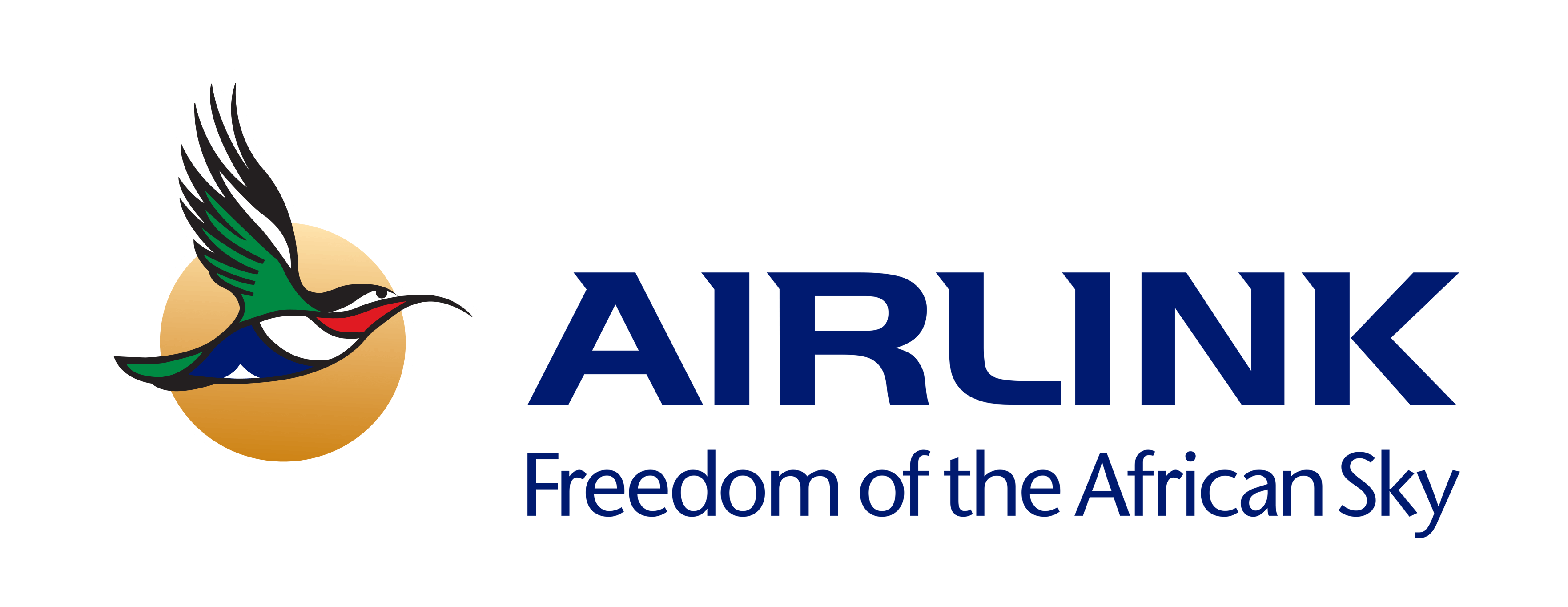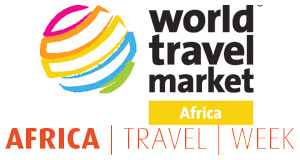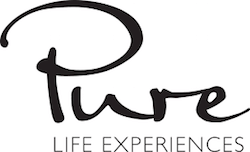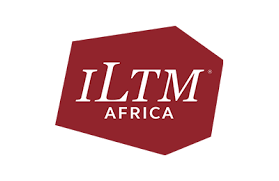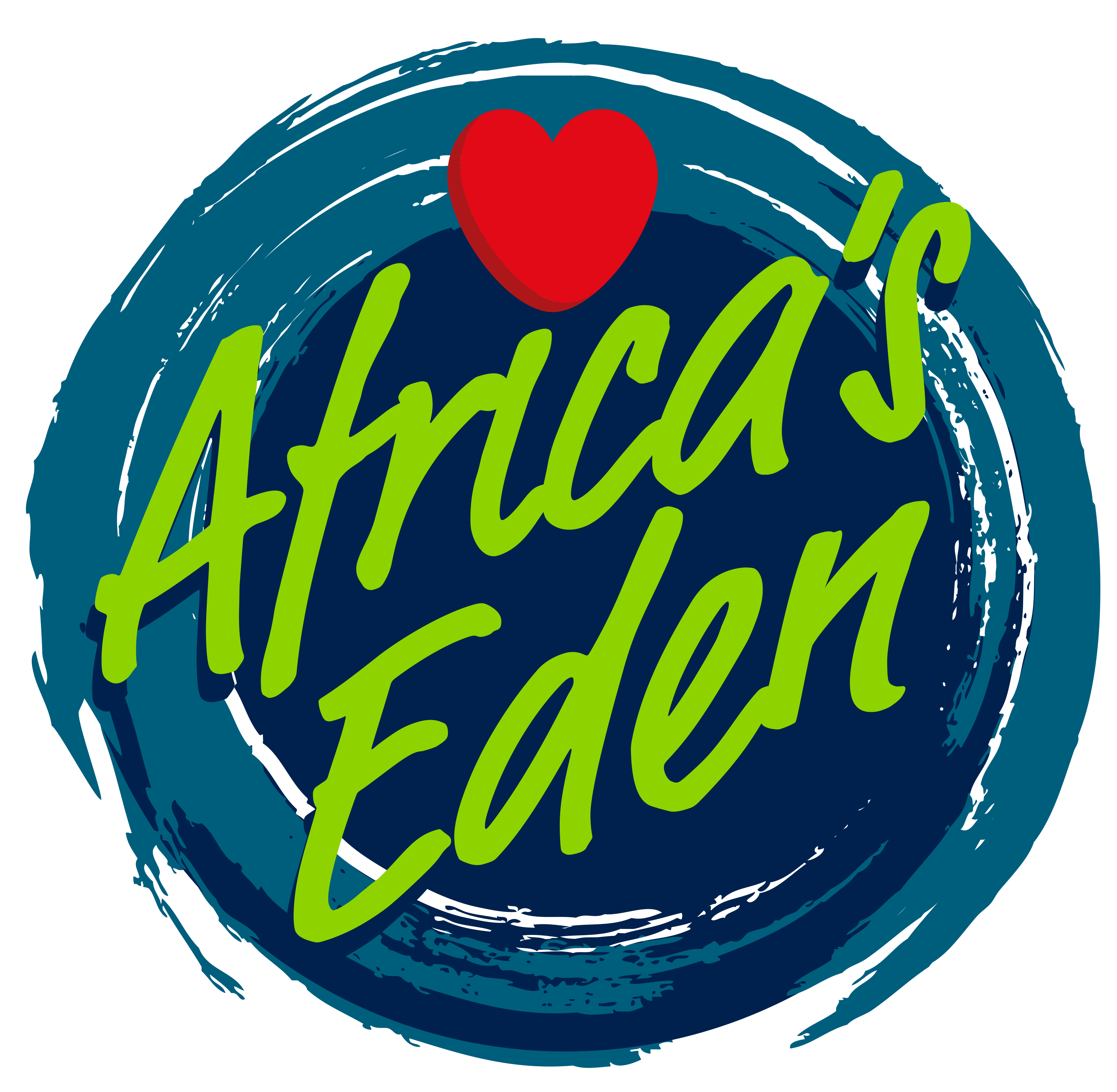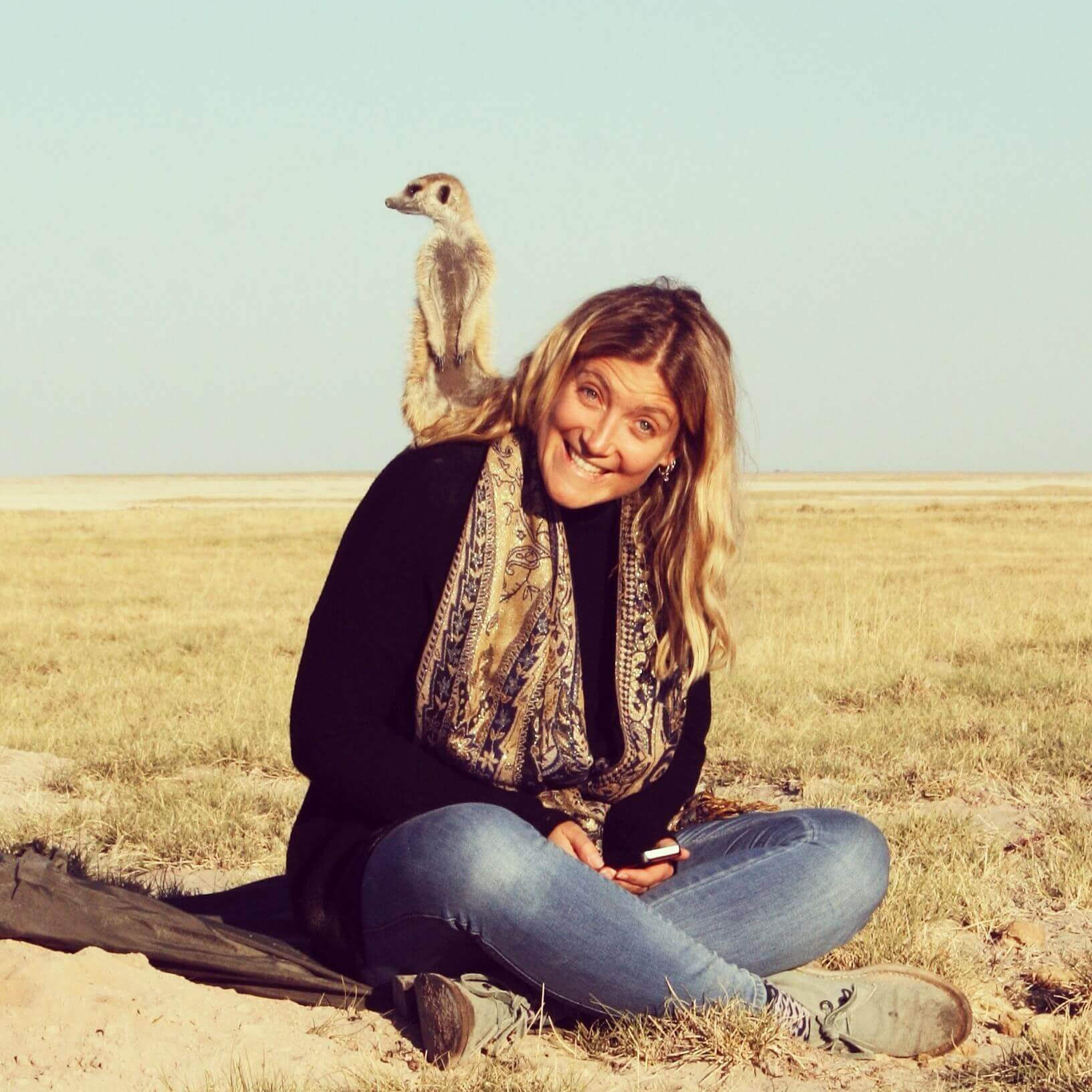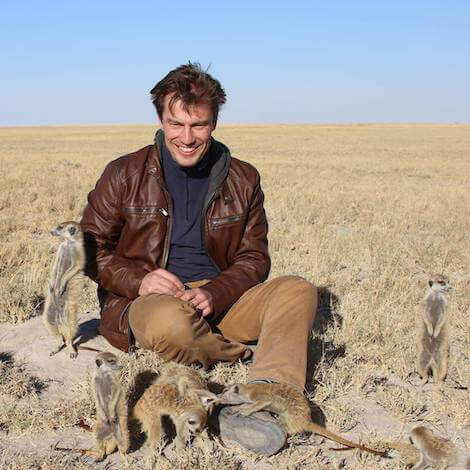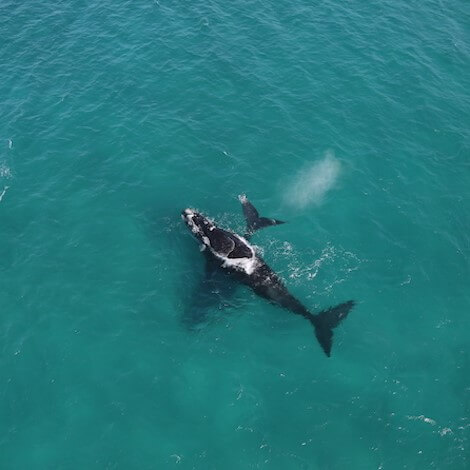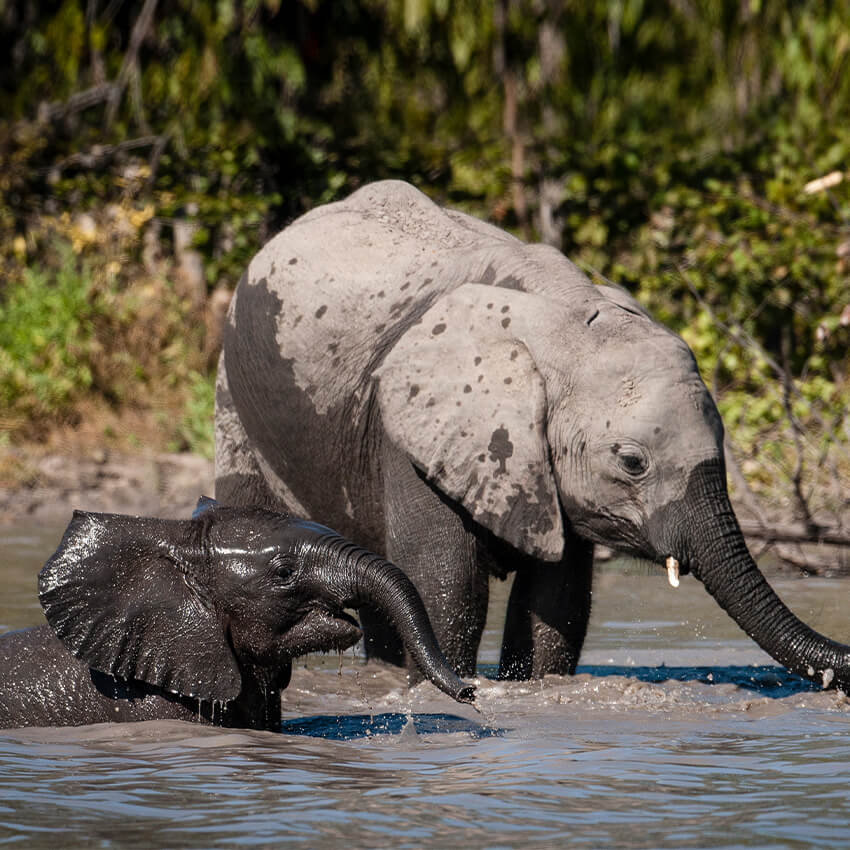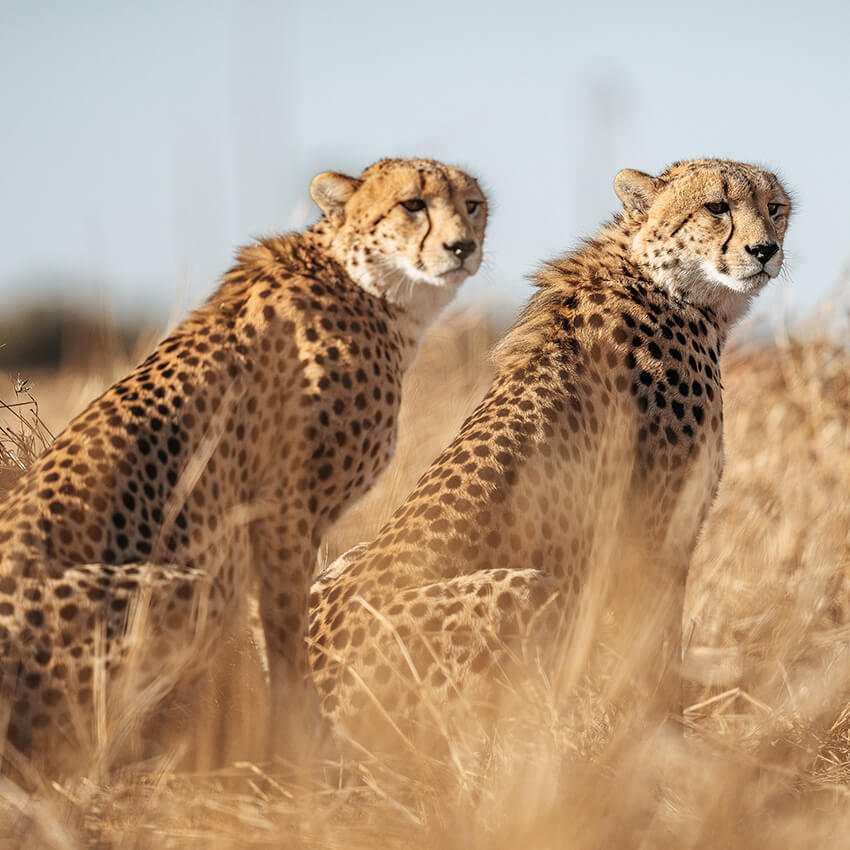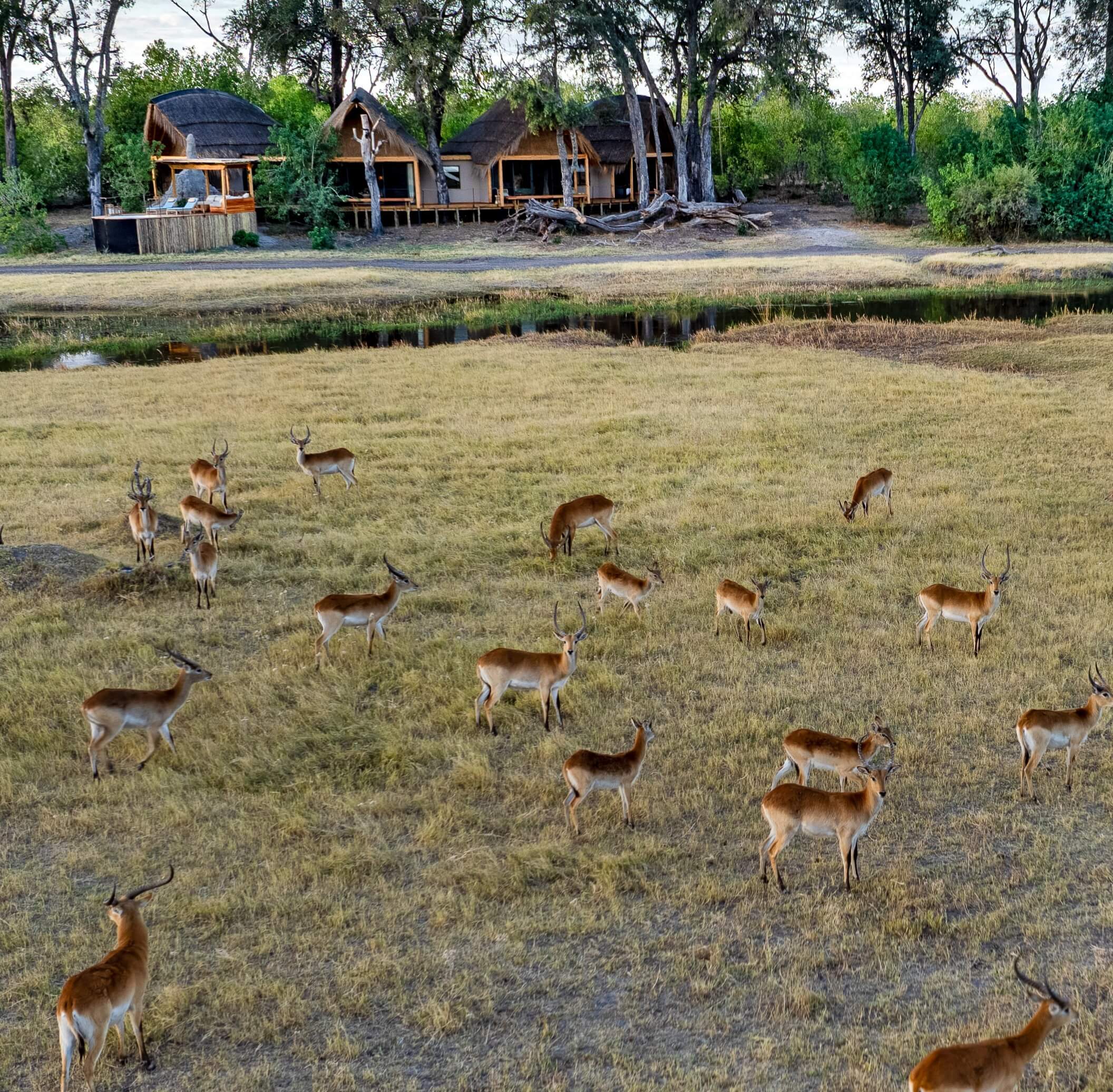Active
Popular
Conservation Faces of Khwai Private Reserve
 Pru Allison
Pru Allison
 April 16, 2024
April 16, 2024
In northern Botswana, amidst the ornate, watery carvings of the Okavango Delta, lies 200,000 hectares of pristine wilderness. This is Khwai Private Reserve, affectionately known as KPR. Any guest who’s stayed here will tell you that the wildlife is prolific and today this verdant landscape serves as the picturesque backdrop for a number of inspiring conservation and outreach projects. But it was not always so. We spoke to some of the conservation faces of Khwai Private Reserve about how the area has transformed.
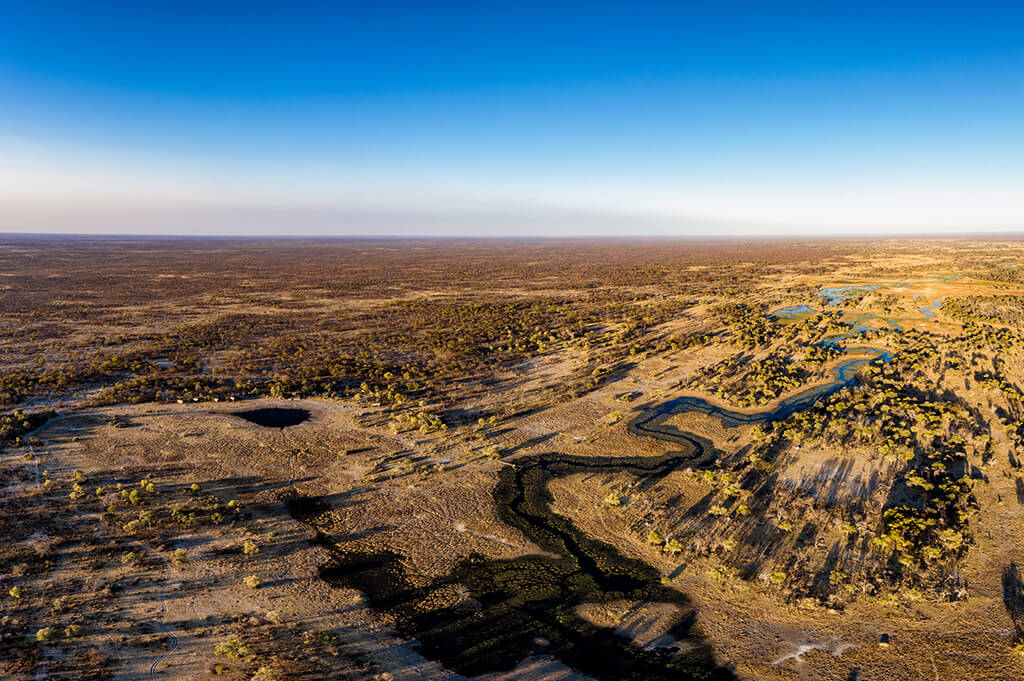
Botswana was a popular hunting destination up until the recreation was banned in 2014. Khwai Private Reserve had been a hunting concession but turned to ecotourism and photographic safaris in 2009 when the previous shareholders decided to switch to non-consumptive use. Due to the area’s history of consumptive use (ie hunting) the wildlife was both skittish and scarce. We became involved in 2018 and took over management of the area alongside the local Khwai community who are stakeholders in the concession.
“Since there wasn’t much wildlife inside the concession, the activities from the camp there at the time took place in Khwai,” explains our co-founder and director of conservation Dr Jennifer Lalley. “Khwai Private Reserve was completely unmanaged and there was rife bushmeat hunting and unchecked harvesting of grass that disrupted habitats and brought in domestic dogs. So I would say the reserve has only been an actively managed ecotourism area since we began there in 2018.”
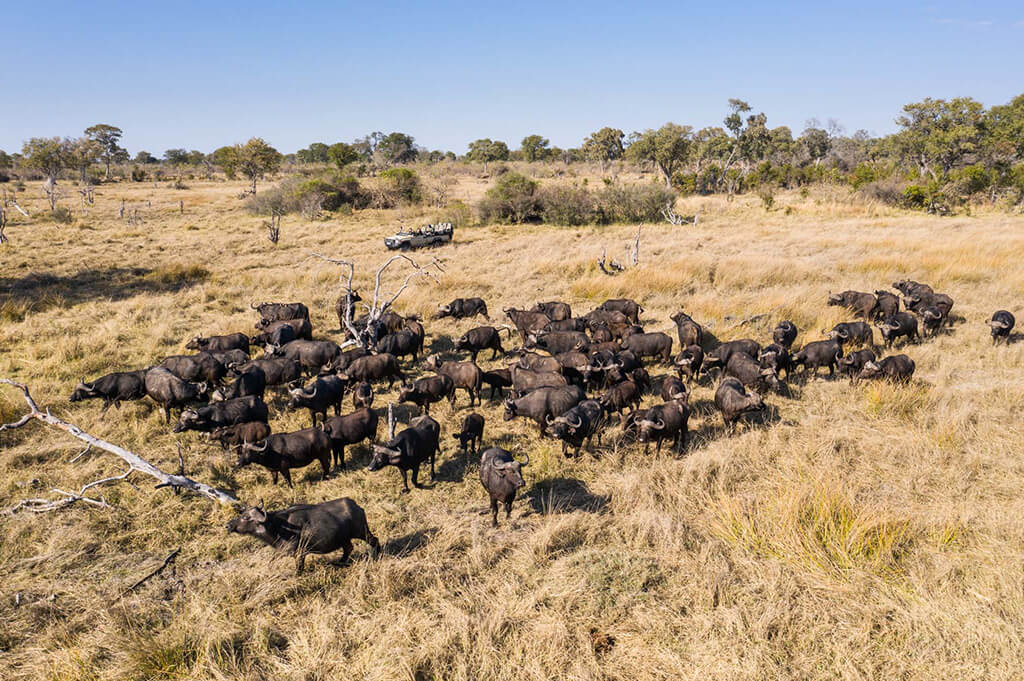
We don’t manage hunting concessions, but it speaks volumes for the sustainability and success of the eco-tourism, non-consumptive land use model we adhere to, that no stakeholders wished to return the area to hunting when the ban was lifted in 2019. This model relies on the sustainable use of areas where eco-systems are intact, In the process this provides crucial refuge to countless species and biodiversity under threat, important corridors for migration as well as buffers between wildlife and surrounding land uses.
“KPR is situated between Moremi National Reserve and Chobe National Park and is a very important corridor between the Savuti and even the Linyanti to and from the rich delta ecosystem where water and food can be in abundance in the dry season, when the pans have dried up,” notes Frances King who was concession manager up until the beginning of 2024. “It also borders the Khwai Village where the community is completely reliant on the tourism industry, and if not looked after could be forced to turn to illegal ways to make a living. It is a huge piece of land, and very important to keep the balance and conserve the area as best possible.”
Although Frances has now returned to her family’s farm in South Africa, she remains involved in the reserve’s conservation work. While Frances’ future lies in sustainable farming, her impact on the reserve has been enormously valued, and she too has left with precious memories.
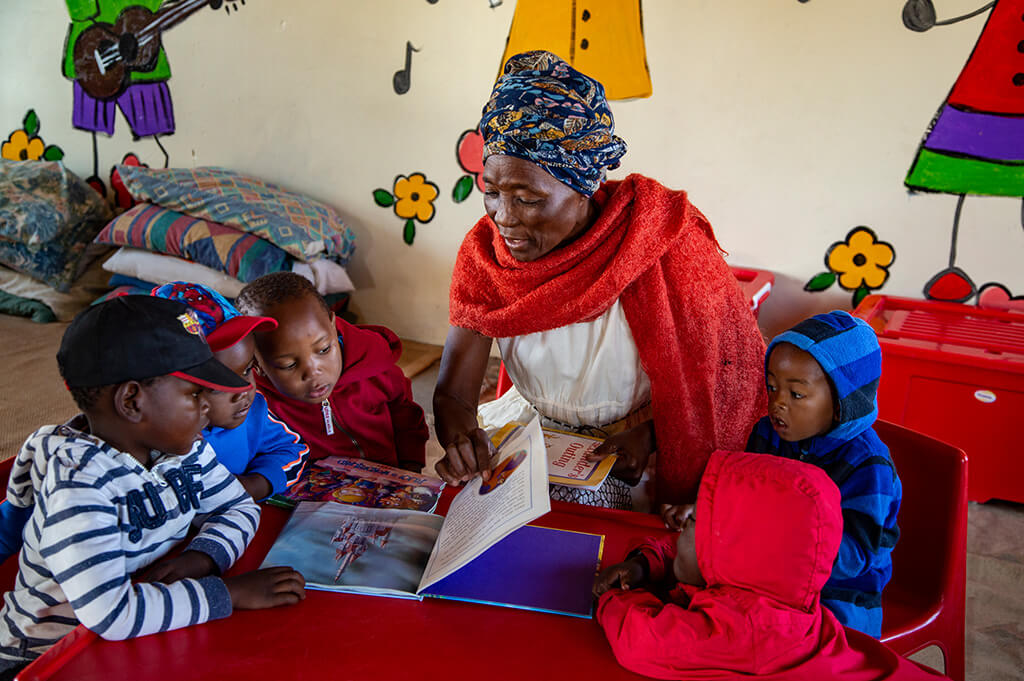
“Working with the staff stands out,” she smiles. “Seeing how some of them have grown significantly into more senior roles and then taught the next junior staff member that comes into their old position. Growing a sense of passion and ownership for the conservation of the environment, whether they are in maintenance, a ranger, a guide or a waiter, they in turn share it with the guests or fellow staff members, and even better with their families back home in the Khwai community. There is still a long way to go, but I firmly believe that through education the next generation will have a different outlook on the area, and that is also why the Maria Ramsden Learning Centre in Khwai Village is very dear to my heart. It also has been great seeing the increase in the game numbers on the concession, whether it is plains game or predators and how relaxed they are.”
Stepping into Frances’ sizable shoes is Gofiwa Thebanala. Originally from the nearby village of Shakawe, Gofiwa was previously head ranger in the reserve before stepping up to become Conservation Manager. When not in Khwai Private Reserve he’s based in the safari town of Maun along with his family but his is a vital role so it keeps him occupied.
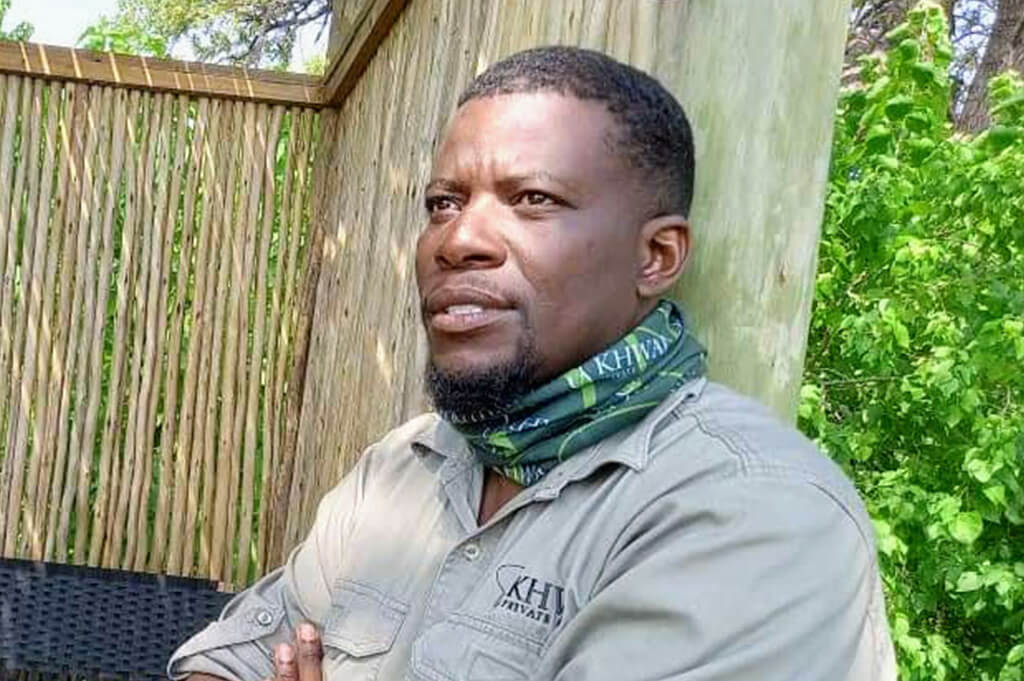
“Being the conservation manager means I work with everyone on the concession to make sure that every aspect of conservation is well maintained,” he affirms. “The job entails ensuring the effective patrolling and monitoring of the rangers; arranging and facilitating the grass harvesting season; resolving human-wildlife conflicts; reporting and record keeping on the concession and arranging and monitoring the ranger training and the leopard habituation.”
It’s a fast-paced job for sure, but so is the reserve itself. With Tuludi, Sable Alley, Little Sable, Hyena Pan and Skybeds all within its realm and a wealth of conservation projects on the go, Gofiwa is a busy man.
“Being the conservation manager is challenging and it needs someone who is hands on all the time,” explains the conservationist. “That’s one of the things that makes my job so interesting though. My favourite aspect is dealing with the community during the grass cutting. I get to know more about their cultures.”
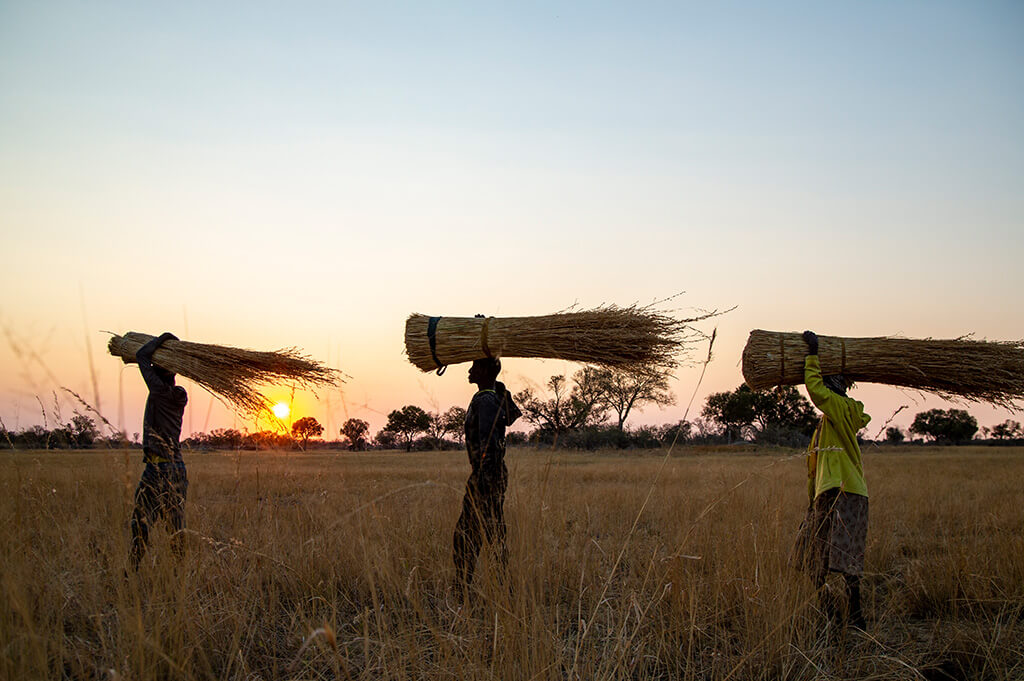
Gofiwa is referring to the Khwai Village Sustainable Grass Cutting project. Every year more than 200 members of the Khwai village community come into the reserve to harvest grass that they then use for building or to sell. This practice generates important income for the community, but with small children and elderly folk joining the harvesters, the challenges they’ve historically faced have been significant. The group, who stay for three months, have needed to build temporary shelters and provide food for themselves and their dogs. Lack of transport also made it difficult for them to get the harvested grass to market, leaving some uncollected for months.
In order to alleviate some of these obstacles, Khwai Private Reserve and Natural Selection support the harvesters with safe dome-tented accommodation, food and transportation. Furthermore, the provision of pet food and dog sitters meant that canine companions can remain in the village, keeping both them and the wildlife safe. We support over 38 households during the grass cutting season and our rangers advise the harvesters on sustainable practices ensuring the season is low impact on the wildlife and environment. We also purchase a portion of the grass ourselves and provide them the means to get to Nata and sell their grasses. Grass bought from the community has thatched Little Sable, the village Kgotla (a traditional meeting place of court and council in the Botswana community) and Khwai Preschool.
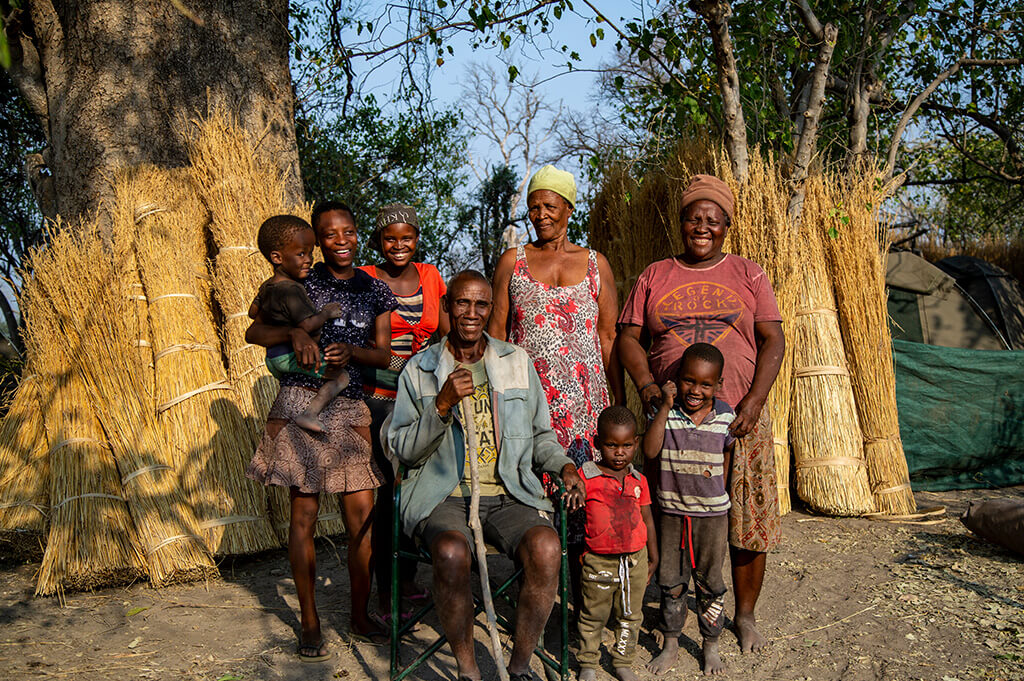
One of the conservation manager’s most memorable experiences was associated with grass cutting season.
“In 2020, when we started engaging with the community on the issue of grass cutting I had to stand and give a speech in the Kgotla in Khwai which was full to capacity,” he recalls. “It was my first time giving a speech in a Kgotla meeting but I managed to handle it well and everyone congratulated me afterwards. That day changed the mindset of the community and improved how they work with the Khwai Private Reserve rangers.”
Another project that’s close to Gofiwa’s heart is the tree wrapping in the reserve.
“We have wrapped five baobab trees, seven camel thorns and two marula trees,” he tells us proudly. “We only have a few of the baobab and marula trees on the concession and we are trying to protect them from being destroyed by the elephants. The elephants enjoy eating the bark of both trees and over time this can cause the tree to fall. Since we’ve started to wrap them they’ve all recovered though. They eat the camel thorns too, and they’ve all recovered so far too, although the elephants have tried to remove the mesh wire!”
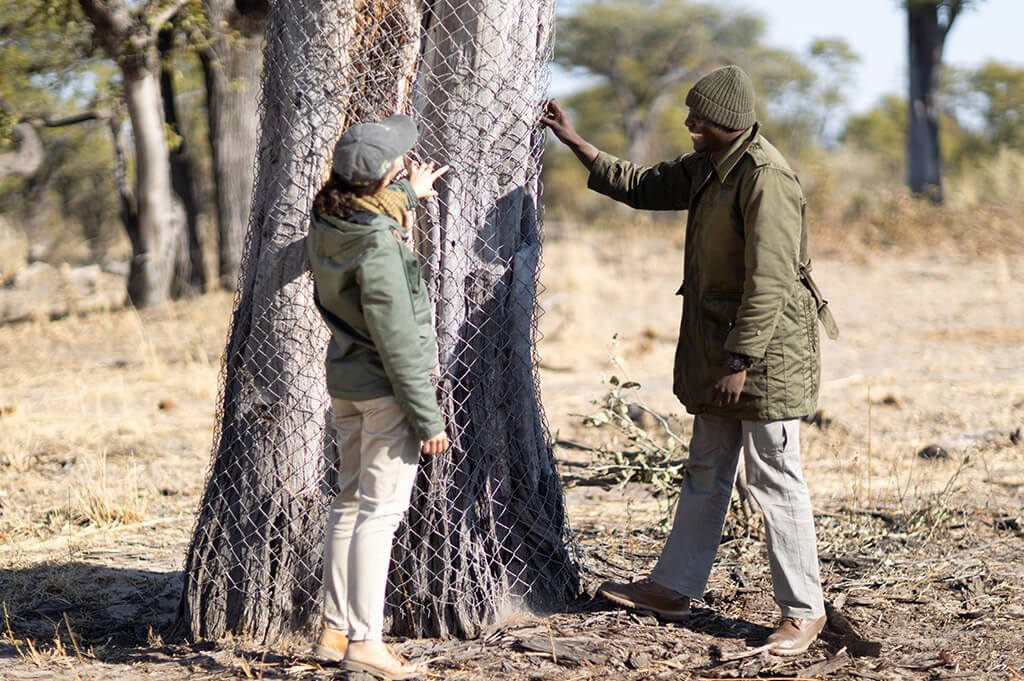
It’s not only the flora in the reserve that keeps this Motswana busy, he’s also been very involved with the habituation of leopards in the area.
“When the rangers first arrived in Khwai Private Reserve all the animals, especially the leopards, were very skittish,” he confides. “This is because it was a hunting reserve before changing to photographic safaris. It took a lot of work and determination from the team to habituate them so they became calm around the vehicles.”
Anyone who’s visited KPR will attest to the success of Gofiwa’s endeavours, but he’s hardly started, and has one very clear ambition that he hopes to bring to fruition during his tenure.
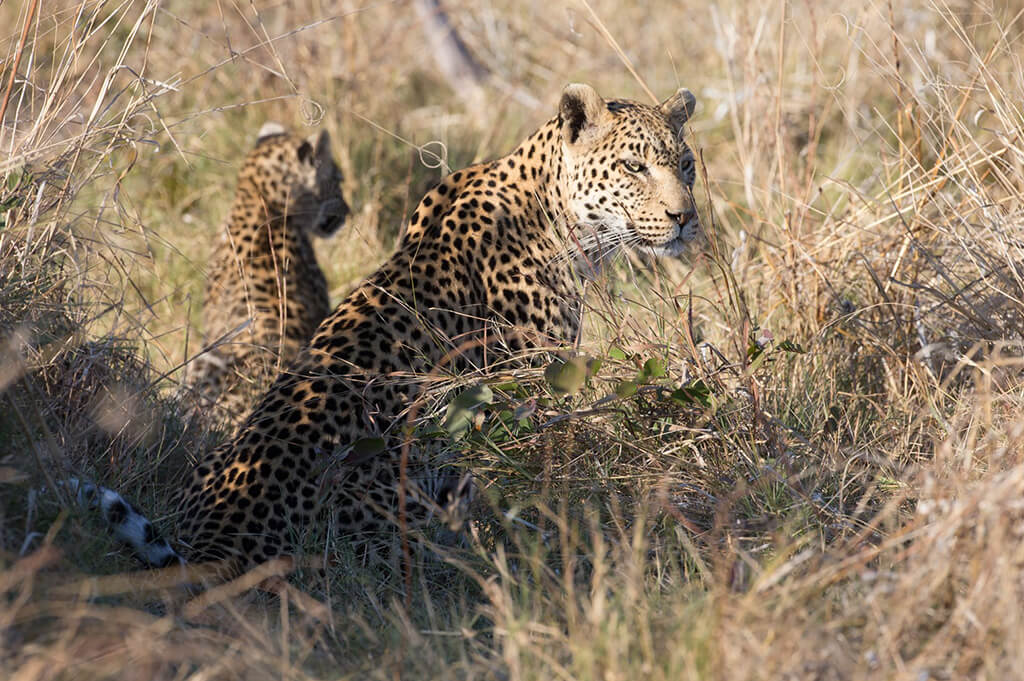
“I would like to have an environmental awareness campaign that will teach both our staff members and the community on the impact of not taking care of the environment. I hope for a community that will be knowledgeable about environmental conservation and animal conservation.”
We’ve no doubt that Gofiwa will achieve his goal, and we’ll support him every step of the way.
Special Offers
Our special offers are designed to help you experience everything southern Africa has to offer whilst also saving some all-important pennies. Whether you’re about to embark on a once-in-a-lifetime solo trip, or are celebrating a special occasion, have a peek at our offers and see what could be in store for you.
